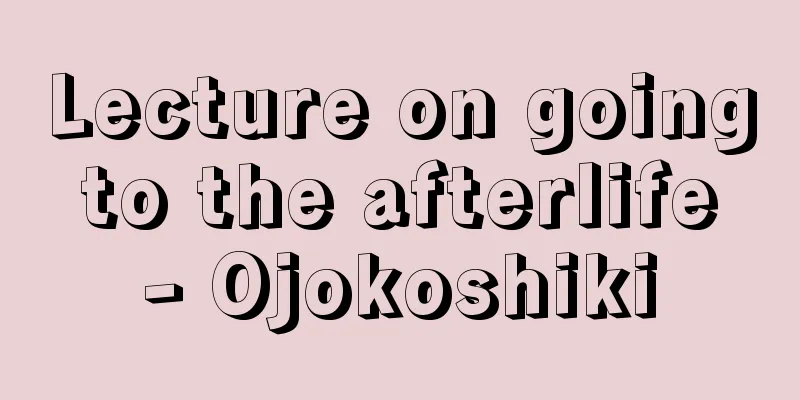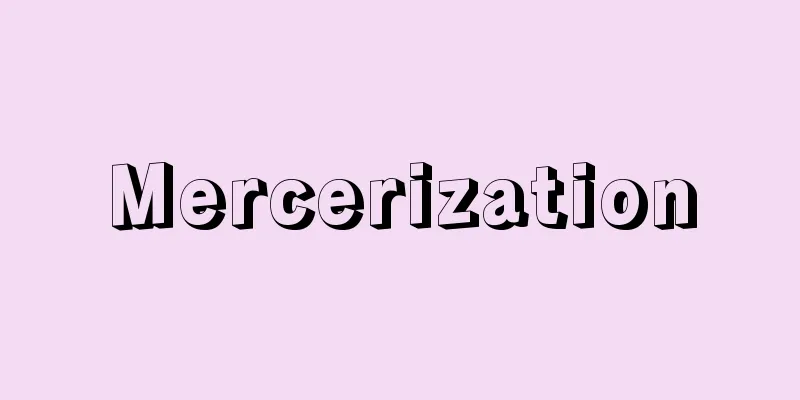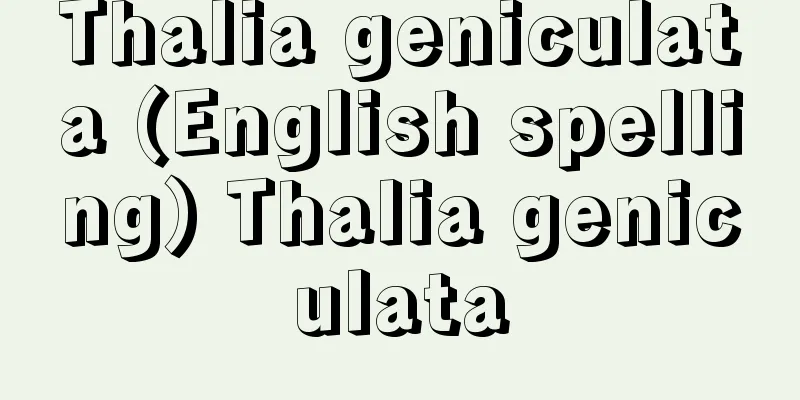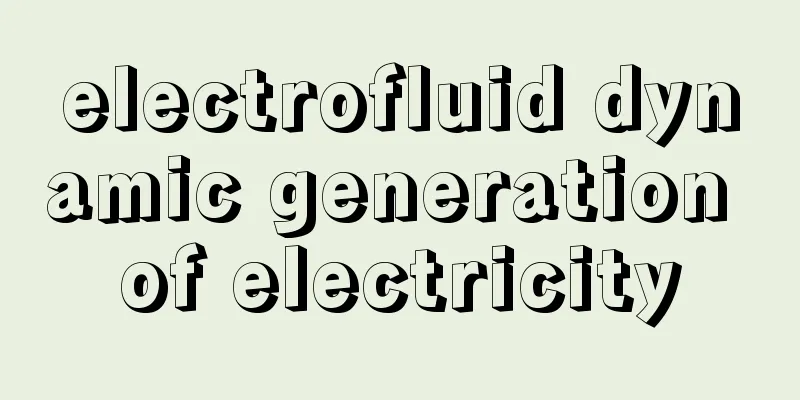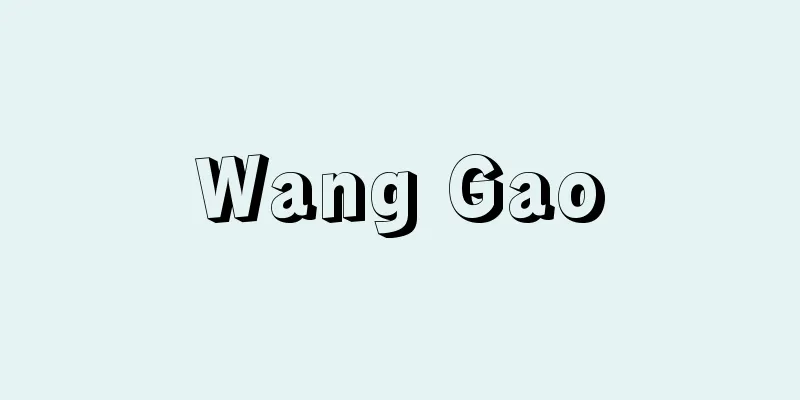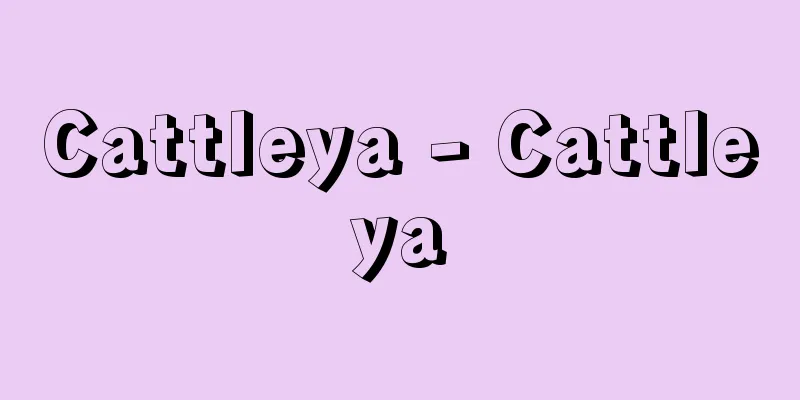Newspaper Law - Newspaper Law

|
This was the basic Japanese law for censoring speech before the Second World War, promulgated on May 6, 1909 (Meiji 42). In addition to newspapers, this Newspaper Law also applied to magazines that published current affairs. It consisted of 45 articles and an appendix, and stipulated the obligation for newspapers reporting current affairs to pay a security deposit (Article 12), the prohibition of publishing the contents of preliminary investigations (Article 19), the prohibition of articles that incite or distort crimes (Article 21), the prohibition of the sale and distribution of newspapers that are deemed to disturb peace and order or harm public morals (Article 23), the punishment of publishers and editors (Article 41), the prohibition of publishing military and diplomatic matters by the Ministers of the Army, Navy, and Foreign Affairs, and the right to restrict articles (Article 27), with heavy penalties for violations. The Newspaper Law was originally created when a member of parliament from the newspaper industry submitted a bill to amend the Newspaper Ordinance, which prohibited the publication of pretrial articles, to the House of Representatives, and the government, which was aiming to strengthen its crackdown on anti-establishment speech, took advantage of the bill and amended it. The original prohibition on publishing pretrial articles was not deleted, but the publication security deposit was doubled, the Home Minister's power to prohibit sale and distribution and the power to seize, which had been abolished in the 1897 (Meiji 30) amendment, were restored, and the provisions for editors' liability were expanded. From then on, throughout the Taisho and Showa periods, many movements and proposals for amendment were made by the media, but none were passed. On the contrary, when movements for censorship of speech emerged, the government tried to unify it with the Publication Law, but this was not realized until defeat came, and on September 29, 1945 (Showa 20), the law expired under the orders of GHQ (Supreme Commander for the Allied Powers) (the law was abolished on May 24, 1949). [Akihiko Sunohara] [Reference] |Source: Shogakukan Encyclopedia Nipponica About Encyclopedia Nipponica Information | Legend |
|
1909年(明治42)5月6日に公布された第二次世界大戦前の日本の基本的な言論統制法。新聞のほか、時事に関する事項を掲載する雑誌にもこの新聞紙法が適用された。全文45条と付則からなり、時事を報ずる新聞の保証金納付義務(12条)、予審内容の掲載禁止(19条)、犯罪を煽動(せんどう)もしくは曲庇(きょくひ)する記事の禁止(21条)、安寧秩序を紊(みだ)しまたは風俗を害すると認むる新聞の発売・頒布の禁止(23条)と発行人・編集人の処罰(41条)、陸軍・海軍・外務各大臣の軍事・外交に関する事項の掲載禁止、記事制限権(27条)などが規定され、違反には重い刑罰が科せられることになっていた。 そもそもこの新聞紙法は、新聞界出身の議員が、予審記事掲載禁止を規定した新聞紙条例改正案を衆議院に提出したのに対し、反体制的言論の取締り強化をねらっていた政府が、議員提出法案を逆手にとって修正したものである。当初の予審記事掲載禁止は削除されず、発行保証金は倍額に引き上げられ、1897年(明治30)の改正で廃止された内務大臣の発売・頒布禁止権、差押え権を復活、編集人の責任規定を拡大するという改悪案になって成立した。以後、大正・昭和期を通じ、言論界から改正の運動や提案が数多く出されたが成立せず、逆に言論統制の動きが出てくると、政府は出版法との一元化を図ろうとしたが、実現しないまま敗戦を迎え、1945年(昭和20)9月29日、GHQ(連合国最高司令部)の指令により失効(法の廃止は49年5月24日)した。 [春原昭彦] [参照項目] |出典 小学館 日本大百科全書(ニッポニカ)日本大百科全書(ニッポニカ)について 情報 | 凡例 |
>>: Newspaper publication restriction order - Newspaper publication restriction order
Recommend
Microclimate - Microclimate
The climate of a small area such as the edge of a ...
Hakuran (white and indigo) - Hakuran (English spelling) "Brassica napus" (synthetic)
A biennial plant of the Brassicaceae family. A new...
Ugrino
…In the 1920s, he wrote the novel Perugia (1929)....
Marino Moretti
Italian poet and novelist. Born in Romagna. At a ...
Emilia Pardo Bazán
1851‐1921 A Spanish female writer. An aristocrat w...
Exchange rate mechanism
Also known as ERM, an acronym for exchange rate me...
Omi Jofu
A regional brand of the Kinki region, Shiga prefec...
Schefflera octophylla Harms
It is an evergreen small tree of the Araliaceae fa...
Hasamagawa
It is one of the tributaries of the Kitakami Rive...
Genus: Cucurbitaceae
...var. kirilowii is distributed from the Korean ...
Dreikönigtag (English spelling)
…The 28th is the Day of the Innocent Child, when ...
Warm sake - Kanzake
〘 noun 〙 Warm sake. Kanshu. ⇔ Chilled sake. 《Seaso...
IALA - IALA
…Lighthouses are also a type of navigational aid,...
Myitkyina (English spelling)
The capital of Kachin State in northern Myanmar. L...
Hasse
German composer. He made his debut as an opera sin...



